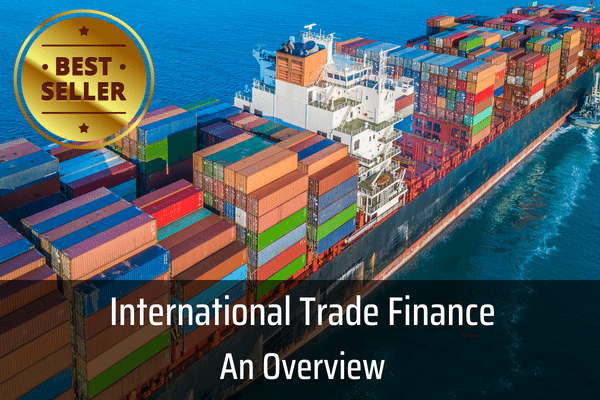There are no items in your cart
Add More
Add More
| Item Details | Price | ||
|---|---|---|---|
As global trade evolves, the shift from traditional paper-based systems to digital trade documents is accelerating. This transition offers significant benefits but also introduces challenges that stakeholders must address. Here’s a balanced look at the pros and cons of digital trade.
WANT TO READ MORE?
Already signed up/ logged in? Then you are all set!

Easy Explanation of International Trade Payment Methods like LC, Collections, BG etc and Incoterms 2020

Types & Uses in International Trade | URDG 758 & ISP 98 - Main Points | Clauses & Examples | Related SWIFT Messages

Jump start your Trade Finance career with this 4-in-1 course package - Trade Finance Overview, Letter of Credit, Bank Guarantees and Incoterms® 2020